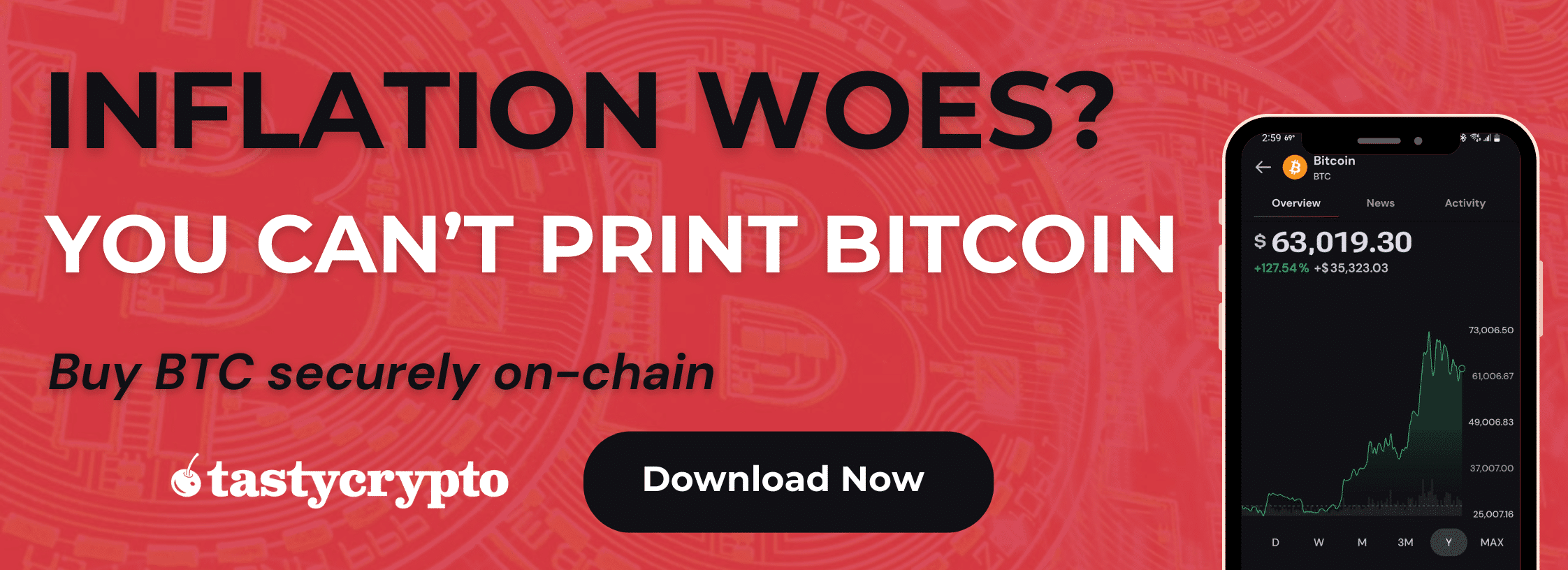CBDC Definition: A central bank digital currency is a digital currency issued by the central bank of a country.
Written by: Mike Martin | Updated August 13 2023
Video by: Ryan Grace
Fact checked by: Laurence Willows
In this video, Ryan Grace explains the implications, concerns, and advantages of CBDCs (central bank digital currencies).
🍒 tasty takeaways
CBDCs are centralized digital currencies issued by a government.
These digital currencies represent legal tender that operates on private blockchains.
CBDCs enable digital transactions only.
CBDCs offer both transparency and programmability.
They can improve efficiency and reduce business costs.
CBDCs allow for both instant and secure transactions.
They eliminate the need for intermediaries like banks.
Some CBDC concerns are privacy and government surveillance.
The vast majority of central banks around the world are exploring CBDCs.
China has already issued a CBDC.
The Federal Reserve is currently researching CBDCs.
Abuse of power could be a cause for concern in programmable money.
It may be easier to control CBDCs in less developed countries.
Hyperinflation in some countries has shown abuse of currency.
States’ rights and pushback may limit CBDC implementation.
Trust in the native government is a significant factor in CBDC adoption.
Additional Reading
- Federal Reserve Board: Central Bank Digital Currency
- Wikipedia: CBDCs

Mike Martin
Mike Martin formerly served as the Head of Content for tastycrypto. Before joining tastycrypto, Michael worked in the active trader divisions of thinkorswim, TD Ameritrade, and Charles Schwab. He also served as a writer and editor for projectfinance.
Michael has been active in the crypto community since 2017. He holds certifications from Duke University in decentralized finance (DeFi) and blockchain technology.


The Core Blockchain and DeFi Ecosystem: What You Need to Know

7 Best DePIN Crypto Projects

What Is Symbiotic and How Does It Work in 2024?

Ethereum vs Ethereum ETFs – 5 Major Differences


